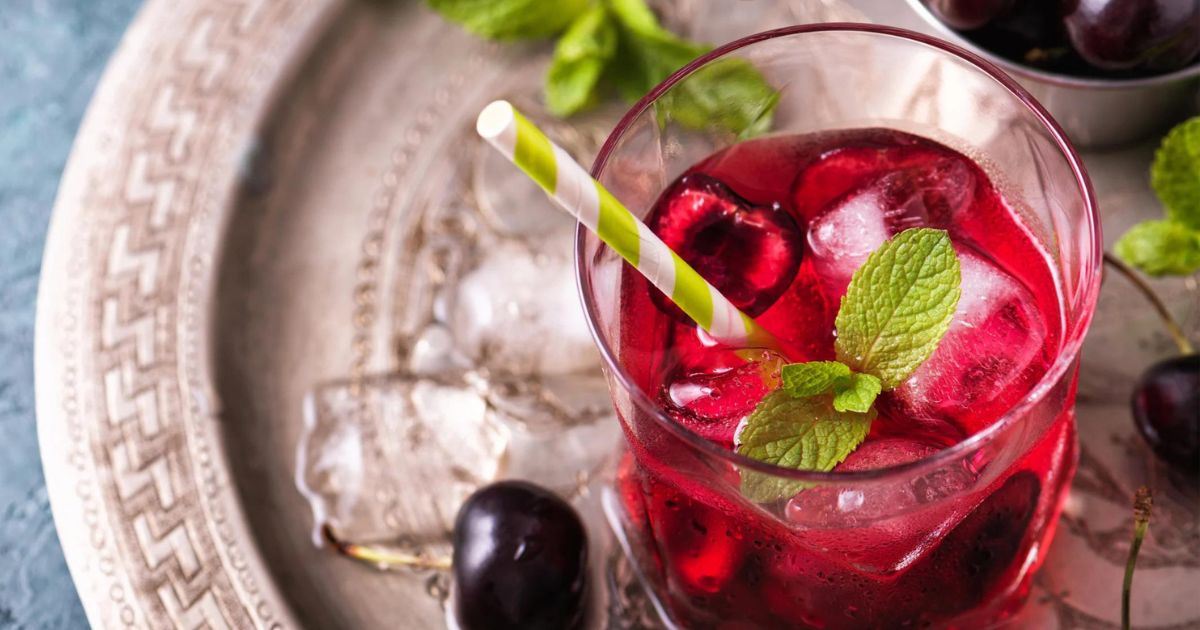In the ever-evolving landscape of health trends, this week’s roundup delves into the latest headlines, dissecting viral wellness crazes, unveiling new research findings, and separating fact from fiction.
From the potential pitfalls of energy drinks to the surprising benefits of kiwis, we explore what experts say about what you should and shouldn’t consume.
1. The Sleep Disruptor: Energy Drinks and Poor-Quality Sleep
A recent Norwegian study, published in BMJ Open, has shed light on the detrimental effects of energy drinks on sleep. Even occasional consumption, as infrequent as one to three times a month, was associated with a heightened risk of disturbed sleep.
Regular consumers reported longer sleep onset times, more frequent awakenings during the night, and an overall decline in sleep quality. The study urges individuals to reconsider their energy drink habits for the sake of a good night’s rest.
2. Kiwis: The Mood-Boosting Fruit
Researchers at the University of Otago reveal that incorporating kiwifruit into your diet may significantly enhance mood and energy levels. In a study involving 155 adults with low vitamin C levels, the participants who consumed two kiwifruits daily experienced quicker mood improvements than those taking a vitamin C supplement.
The fuzzy fruit surpassed the supplement in its ability to positively impact energy and mood within just four days.
3. Snow as a Dessert: A Winter Trend or Health Hazard?
As winter blankets the landscape, a surprising trend has emerged – consuming snow as a dessert. Reese Witherspoon’s “Chococinno” creation sparked interest but also raised health concerns. Experts caution that snow, even in its pristine state, can absorb pollutants, posing potential health hazards.
While research suggests that fresh, untouched snow may be safer, experts advise against consuming discolored or plowed snow to minimize contamination risks.
4. The “Sleepy Girl Mocktail”: A Social Media Sensation
A concoction of tart cherry juice, magnesium powder, and prebiotic soda, dubbed the “sleepy girl mocktail,” has gained traction on social media as a sleep-inducing elixir. While the melatonin in tart cherry juice and the sleep-promoting properties of magnesium hold promise, experts emphasize caution.
Mixed results and increased anxiety have been reported by some who tried the trend, highlighting the need for further research. The inclusion of prebiotic soda, known to cause stomach discomfort, raises concerns about its overall efficacy.
5. McDonald’s Double Big Mac: Balancing Pleasure and Health
For the first time in four years, McDonald’s reintroduces the four-patty Double Big Mac. Health experts acknowledge the protein and fat content’s potential to induce satiety, but caution against the high levels of sodium and saturated fats.
While this supersized burger may offer a satisfying treat, health-conscious individuals are advised to approach it as an occasional indulgence to minimize potential health risks.
In a world inundated with health trends, it’s essential to navigate the latest fads with a critical eye. From understanding the repercussions of energy drinks on sleep quality to uncovering the mood-boosting benefits of kiwis, individuals can make informed choices about their well-being.
As the health landscape continues to evolve, staying informed ensures that consumers prioritize both pleasure and health in their dietary choices.








Leave a Reply
You must be logged in to post a comment.